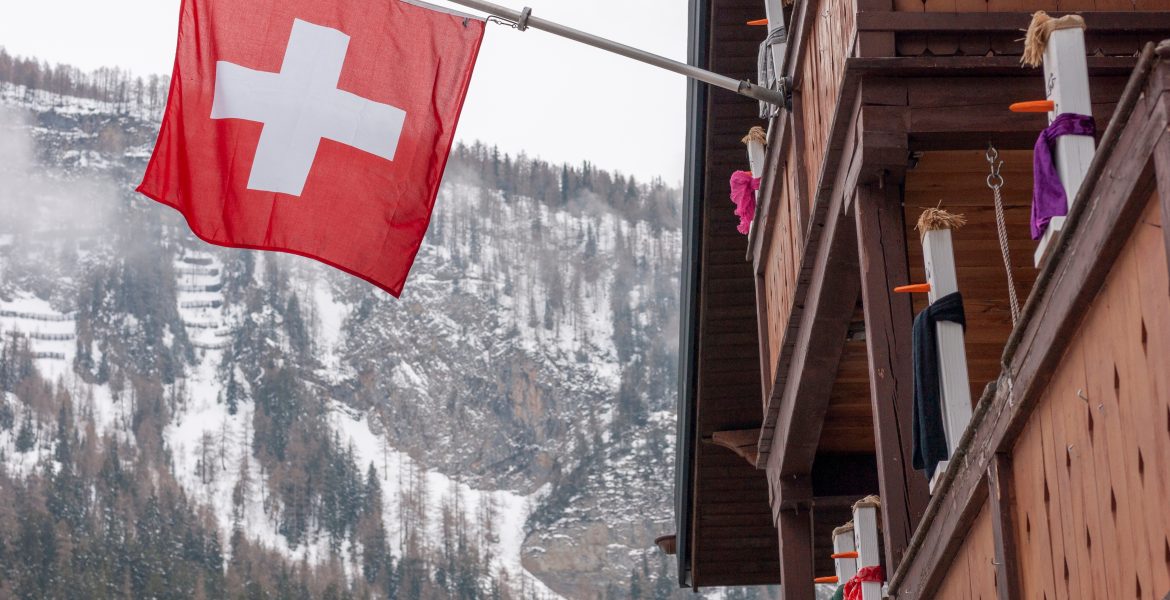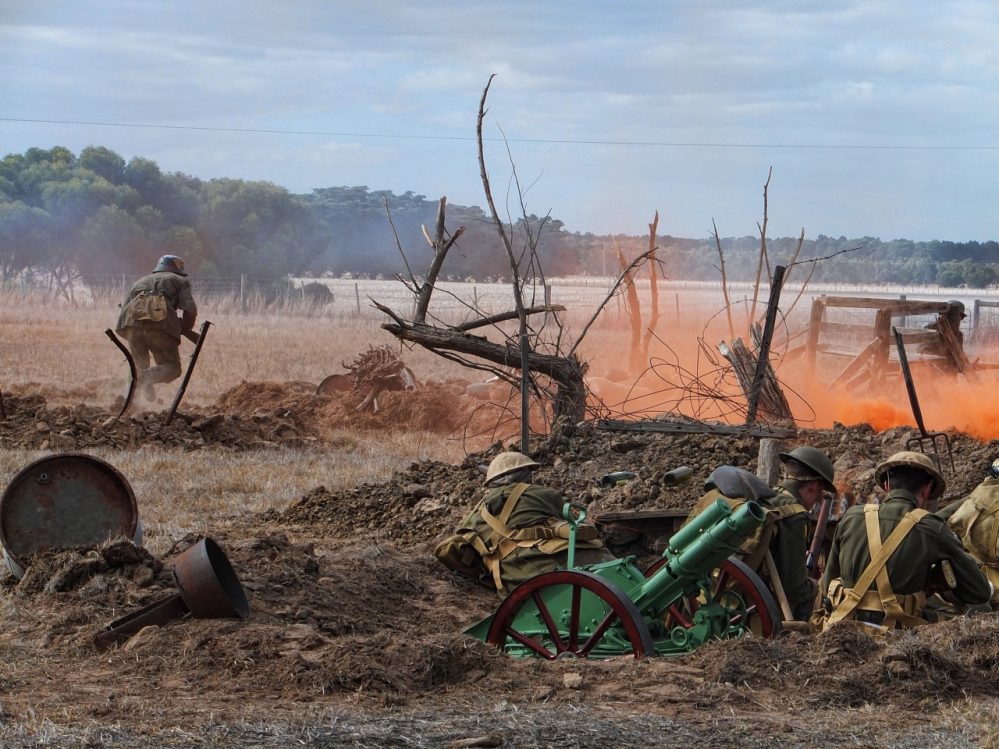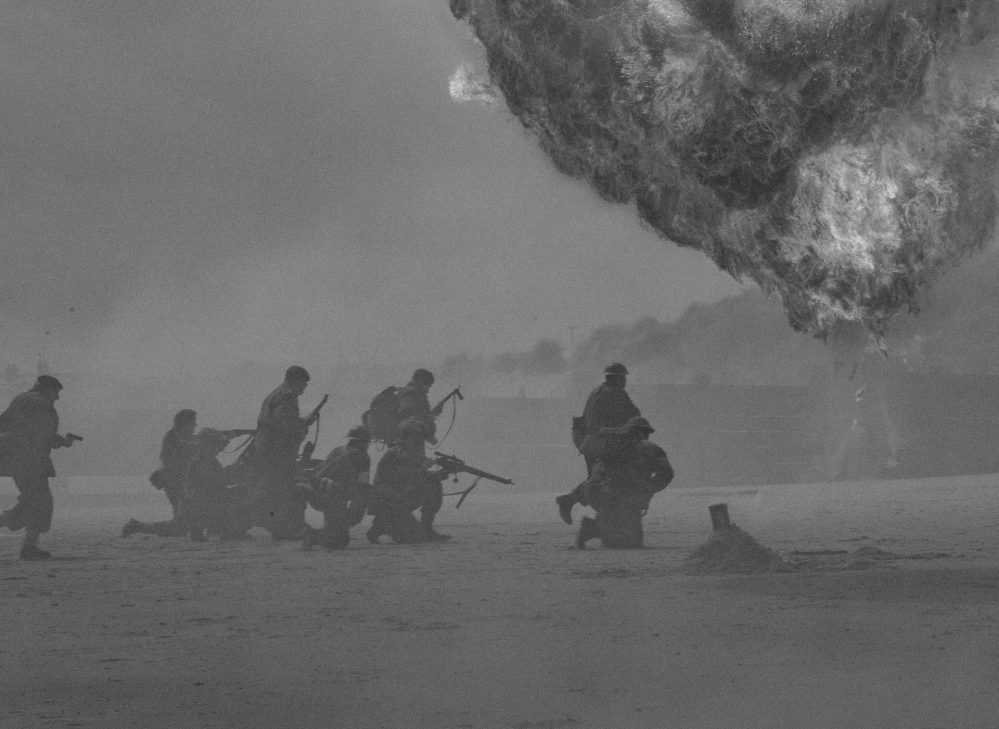In the complex and often contentious world of international politics, Switzerland stands out due to its long-standing policy of neutrality. But why is Switzerland neutral? This intriguing question sends us on a journey through history and diplomacy, painting a fascinating picture of a nation known for its tranquility amidst global turmoil.
In this article, we will explore the roots of Switzerland’s neutrality, its legal foundations, implications in modern times, and how it continues to shape the nation’s role on the global stage.
Understanding Switzerland’s neutrality offers valuable insights into this unique approach to maintaining peace and stability. Let’s dive in to discover more about this intriguing aspect of Swiss policy.
Why Is Switzerland a Neutral Country?
Besides all of the historical and military factors that have contributed to Switzerland’s neutrality policy, the main reason as to why Switzerland is a neutral country can be said to be the voluntary and democratically established will of the Swiss people to maintain this policy. They have found this approach to be a key factor to maintain the country’s peace, prosperity, and stability, which is what the country is famous for worldwide.
Thus the policy has become a unifying opinion, with no public dispute ever happening among the Swiss people.
Historical Background: Switzerland’s Neutrality
The Swiss are as eager about not mingling with other nations’ business as they are about other nations not mingling in their own. As a matter of fact, the very foundation of the country that today is known as the Swiss Confederation is rooted in its people’s unity to fight foreign rule.
In 1291, three cantons united to fight the foreign rule of the Habsburg dynasty. This event marked the birth of the Confoederatio Helvetica. This is also the origin of CH as an international acronym for Switzerland, officially adopted by Switzerland in 1848, with the introduction of the country’s new constitution.
The people that inhabited the lands of Switzerland were a warrior Celtic race. This country came to be known for its warrior spirit as the use of Swiss mercenaries became wildly popular across Europe. Today, the country is a symbol of financial stability, high living standards, and an international influence deceptively bigger than what its size and population show.
Switzerland’s neutrality was not born by a single event at a certain point in history. Rather, it is a slowly evolving attitude that the country and its people have taken toward the rest of the world since their inception in the 13th century. Nevertheless, there are certain events in history that serve as highlights of Swiss neutrality.
The first key historical event in this regard is the battle of Marignano in 1515. After a devastating defeat by the French, Switzerland signed a peace treaty in which they swore to never take up arms against the French. The other series of historical events that strengthened Swiss neutrality was the Peace of Westphalia, in which Switzerland declared its formal independence from the Holy Roman Empire.
When Did Switzerland Declare Neutrality?
We mentioned before that around two hundred years ago, Switzerland was acknowledged as a neutral state in the Treaty of Paris. But it wasn’t until this day, Feb. 13, in 1920, that the League of Nations formally recognized its neutrality. Since then, neutrality has been recognized as an international right of a country that ought to be respected by all countries.
Has Switzerland Ever Been Invaded?
Most people think that the main reason countries cannot establish neutrality is the possibility of an invasion. This begs the question, “Has Switzerland ever been invaded?”. The answer to that is a firm ‘yes.’
Despite signing several peace treaties with the French, Switzerland fell at the hands of the French Emperor Napoleon, who did not hesitate to march into Switzerland and invade it in 1798 during his army’s expansionist campaign. The events during the Napoleonic Era led to a period of the Swiss temporarily abandoning their neutral policy, with Switzerland becoming a Satellite state of Napoleon. Nevertheless, the invasion did not make the Swiss people abandon their commitment to neutrality. The Treaties in Paris in 1815 cemented Switzerland’s neutrality and made it recognized by all major European powers.
Was Switzerland Neutral in WW1?
Yes, Switzerland was neutral during WW1. Does this mean the country was completely oblivious to the events surrounding itself during the time? No. Switzerland was inevitably affected by the events of WW1. The country did mobilize its army in case they needed to take retaliatory action as a result of a potential direct attack on Swiss territory. They also engaged in receiving refugees during and after the war. Nevertheless, Switzerland never engaged in any type of military action, nor did they take any sides before, during, or after the war.
Why Was Switzerland Neutral in WW2?
World War 2 is the most devastating event in recent human history and one of the darkest points of human civilization. This horrendous event affected human civilization on a global level, but some parts were affected more than others. Europe was at the heart of WW2, and Switzerland was at the heart of Europe. Despite being surrounded by devastating battles and wars from all sides of its border, Switzerland nevertheless managed to maintain its neutrality during WW2.
But why was Switzerland neutral in WW2? Even though the country was mostly surrounded by the Axis powers for the most part of the war, it did continue to trade with Nazi Germany, a decision that later would spark a lot of controversies. This is one of the main reasons why Switzerland did not take sides and maintained its neutral and retaliatory policies.
Switzerland as a Mediator
Neutrality is one of the main characteristics of a good mediator. This is one of the key principles of modern diplomacy.
The fact that Switzerland is a neutral country and is not part of any military alliances allows Swiss diplomats and organizations to act as mediators to resolve conflicts between countries, represent interests of a certain country in other countries with which they don’t have diplomatic relations, and aid in resolving humanitarian crises.
There are several examples of how Switzerland and its people act as a mediator between parties that are in some sort of with each other or have no established diplomatic relations. Swiss diplomats represent the interests of countries such as Iran and Cuba in the United States of America and vice versa, and the Swiss Red Cross aids in humanitarian crises around the world.
The historical events that contributed to Switzerland’s neutrality may be able to give us an answer as to how Switzerland was able to establish its neutrality during history, but the results of maintaining this policy can only be truly understood by visiting all the beautiful old towns, castles and cities in Switzerland, which have remained untouched through times, while many other European counterparts have been devastated by different wars.
Neutrality for Switzerland has been the result of the country’s vast experience with war, peace, and neighborly relations. It has been a fruit of the Swiss people’s wisdom, which returned many benefits and ensured the blooming and formation of the great country that it is today.
The Implications of Neutrality in Modern Times
In an increasingly interconnected world, Switzerland’s neutrality continues to play a critical role in shaping its foreign relations and international engagements. The principles of neutrality have had several key implications in the modern context.
Firstly, Switzerland’s neutral status continues to offer a safe and neutral ground for diplomatic negotiations and peace talks. This is particularly important in an era of persistent global conflicts and tensions, where Switzerland often serves as the ‘bridge’ between warring parties. Notable examples include hosting talks between the US and Iran or North Korea, reflecting the respect and trust Switzerland commands from all sides.
Secondly, neutrality has a significant impact on Switzerland’s engagement with international bodies. While the country is an active participant in numerous international organizations, it often refrains from voting on issues that could compromise its neutrality. This was evident when Switzerland joined the United Nations in 2002 but maintained a policy of ‘active neutrality’, emphasizing humanitarian commitment over political or military engagements.
Thirdly, neutrality has implications for Switzerland’s defense policies. Despite its neutral status, the country maintains a robust and well-equipped military, ready to protect its sovereignty and maintain neutrality in case of potential threats. This commitment is seen in the Swiss practice of universal military service for men.
Lastly, in terms of economic policy, neutrality allows Switzerland to maintain and develop economic ties with nations across the political spectrum. This has allowed it to thrive economically, with many multinational corporations choosing it as their headquarters due to its political stability and strong economy.
However, neutrality in the modern world is not without its criticisms. Some question whether it is feasible in an interconnected world, while others argue it allows Switzerland to avoid taking a stand on pressing global issues. Yet, despite these criticisms, neutrality remains a deeply ingrained part of Switzerland’s identity and global role, continually shaping its approach to foreign affairs and international relations.
Advantages and Disadvantages of Neutrality
Switzerland’s policy of neutrality has conferred various advantages on the nation while also bringing some challenges. Let’s delve into these aspects to understand the full implications of Swiss neutrality.
Advantages
- Political Stability: One of the most significant advantages of Switzerland’s neutrality is the political stability it has enjoyed. By choosing not to engage in military alliances or conflicts, the country has remained largely insulated from global political turmoil.
- Economic Prosperity: As a neutral nation, Switzerland has been able to maintain stable trade relationships with countries worldwide, contributing to its impressive economic prosperity. Furthermore, its neutrality status has made it an attractive location for multinational corporations and global organizations.
- Diplomatic Influence: Despite its small size, Switzerland’s neutral status has endowed it with considerable diplomatic influence. The nation often plays the role of a mediator in international disputes, and its cities have frequently served as venues for crucial diplomatic negotiations.
Disadvantages
- Limited Global Military Engagement: While neutrality safeguards Switzerland from direct involvement in military conflicts, it also limits the nation’s ability to engage in collective defense arrangements or to respond to international humanitarian crises that may require military intervention.
- Perceived Isolationism: Some critics argue that Swiss neutrality, particularly its historical refusal to join international bodies such as the United Nations until 2002, can be perceived as a form of isolationism.
- The Burden of Neutrality: Maintaining neutrality is not an effortless task. Switzerland invests significantly in its military to ensure it can defend its neutral status. Further, its role as a neutral mediator necessitates complex diplomatic efforts.
The policy of neutrality, while advantageous in many aspects, also carries its share of challenges. However, by balancing these effectively, Switzerland has managed to carve a unique position for itself on the global stage.
The Bottom Line
The question of why Switzerland is neutral takes us on a fascinating exploration through history, geopolitics, and international law. Switzerland’s neutrality, deeply rooted in its history and upheld by its legal framework, offers a unique model in the global political landscape. This policy of neutrality has allowed the nation to enjoy political stability, economic prosperity, and significant diplomatic influence.
While there are challenges and criticisms associated with maintaining neutrality in an increasingly interconnected world, Switzerland continues to navigate these complexities adeptly. Whether it’s providing a neutral ground for critical peace negotiations, practicing ‘active neutrality’ in international bodies, or maintaining robust defense capabilities, Switzerland embodies the enduring relevance of neutrality.
Switzerland’s neutral stance ultimately reflects a commitment to peace, stability, and impartiality. In a world often divided by conflict, this approach offers valuable lessons in diplomacy and peacekeeping that can inspire nations globally. As we move forward, it will be intriguing to observe how Switzerland continues to uphold and adapt its neutrality in response to evolving global challenges and opportunities.




